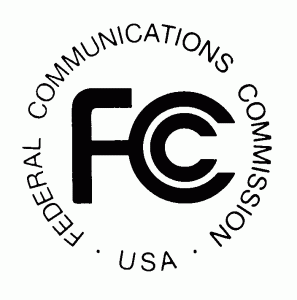 The search engine giant is apparently not thrilled over who will control the future outlook of the world wide web.
The search engine giant is apparently not thrilled over who will control the future outlook of the world wide web.
While Google does not have a problem with a committee or group having a large amount of influence regarding the internet, they are taking issue over the requirements of exactly who will be sitting at the table.
But last week the UN Committee on Science and Technology announced that only governments would be able to sit on a working group set up to examine improvements to the IGF—one of the Internet’s most important discussion forums. This move has been condemned by the Internet Governance Caucus, the Internet Society (ISOC), the International Chamber of Commerce and numerous other organizations—who have published a joint letter (PDF) and launched an online petition to mobilize opposition. Today, I have signed that petition on Google’s behalf because we don’t believe governments should be allowed to grant themselves a monopoly on Internet governance. The current bottoms-up, open approach works—protecting users from vested interests and enabling rapid innovation. (Google Public Policy Blog)
In a post written by Vint Cerf (one of the founding fathers of the Internet), Google seems to be advocating that corporations also have a voice at the table in order to ensure that the internet remains a free place for all.
While it does seem strange for the global governments to lock out corporate entities from joining the Internet Governance Forum (IGF), it could have something to do with Wikileaks whose presence seems to have infuriated the US government (who has been unable to shut them down).
Although having the IGF being composed of just corporations would not be smart (as they would always vote what’s best for their stock holders), one held only by governments could help pave the way towards an Internet with less freedom (especially when it comes to exposing corruption).
Originally posted on December 17, 2010 @ 5:09 pm








